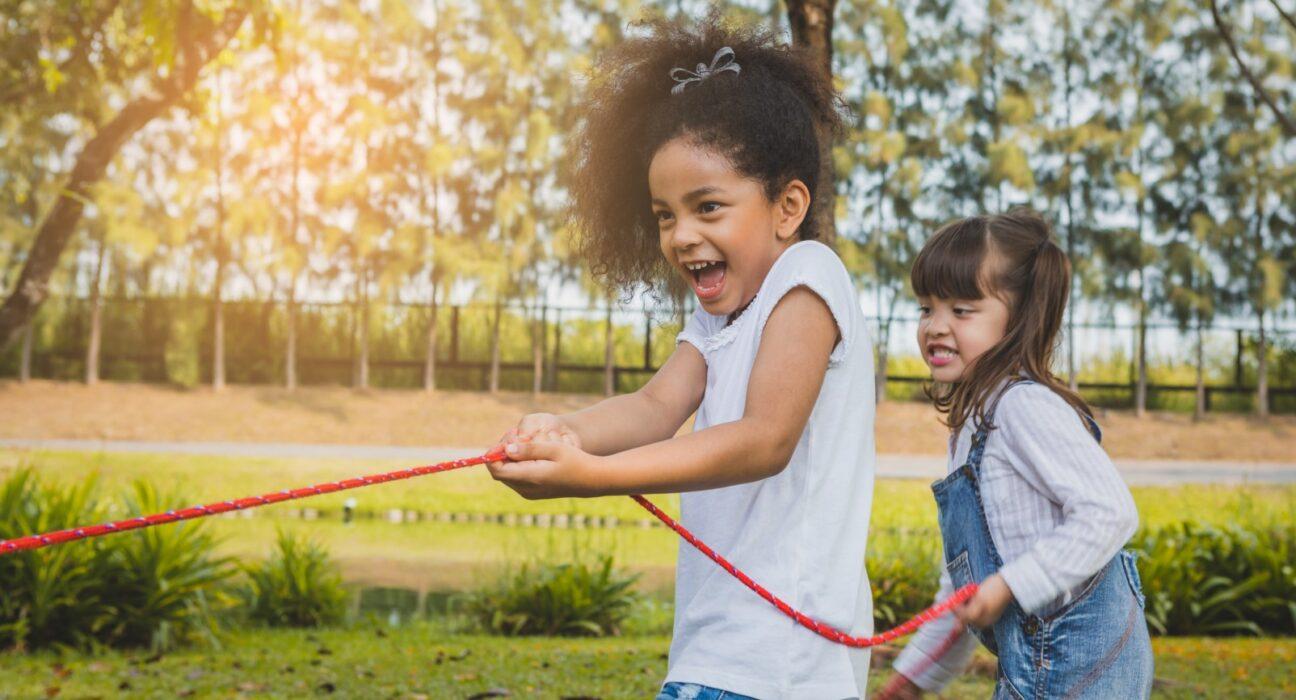Outdoor play-based learning is an educational approach that encourages children to explore the outdoors and to use their environment as a learning resource. This approach to learning encourages children to use their senses, think critically, and be creative while engaging in physical activity. Outdoor play-based learning has been shown to have numerous benefits for children, including increased physical activity, better cognitive and social development, improved problem-solving skills, and increased confidence. It also supports children in developing creativity and regulating their emotions.
Physical Activity
Physical activity is essential for a child’s development, and outdoor play-based learning provides an ideal opportunity for children to explore their environment through activities such as running, jumping, and climbing. Studies have shown that physical activity helps to develop motor skills, strength, and balance, as well as reduce stress and improve overall physical health. Moreover, children who engage in regular physical activity are more likely to stay active throughout adulthood.
Cognitive and Social Development
As children explore their environment and use their senses to discover new things, their minds are stimulated and they are encouraged to think critically and solve problems. Through outdoor play-based learning, children learn about their environment and how it works. They explore different objects and materials and learn how to use them in creative ways.
Additionally, outdoor play-based learning allows children to build relationships with their peers and develop their sense of empathy and responsibility. Through such play, children learn how to interact with their peers in a positive way. They learn how to share, take turns, cooperate with each other, and resolve conflicts.
Problem-Solving Skills
Outdoor play-based learning stimulates children to think outside the box and to use their environment to discover new solutions to problems. The physical nature of the environment encourages children to approach tasks with a sense of creativity and resourcefulness. This type of learning helps children develop problem-solving skills, which will prove invaluable in the future.
Confidence
By engaging in physical activities and interacting with nature, children can become more self-assured and independent. This helps to build their confidence. Outdoor play-based learning also encourages children to take risks, which can help them learn from their mistakes and become more resilient.
Creativity
Outdoor play-based learning fosters creativity in children as they explore their environment and use their imaginations to create new games and activities. This type of play, such as building forts or creating art projects, encourages original and inventive thinking as children use their environment in creative ways.
Emotional Regulation
Finally, through outdoor play-based learning, children learn how to express their emotions in healthy ways. They can practice self-regulation techniques such as deep breathing or counting to ten before responding to a situation. Also, outdoor play-based learning encourages children to explore their environment in a safe and supportive manner, which helps them to feel more secure and confident.
Overall, outdoor play-based learning provides numerous opportunities for children to learn and grow. The opportunities to engage in outdoor play-based learning are limitless! Through this approach to learning, children can develop many skills that will prepare them to become well-rounded and successful adults.





